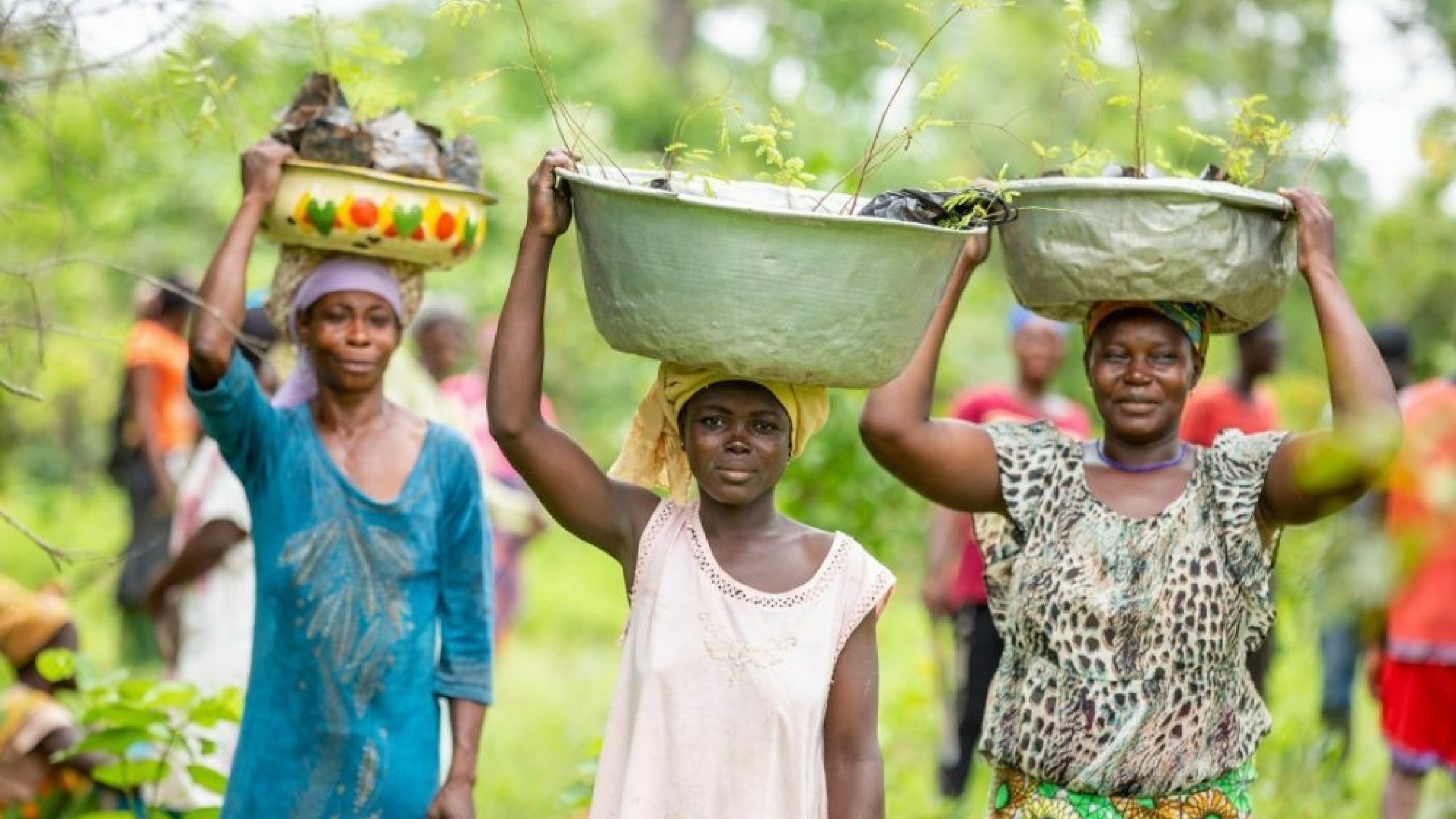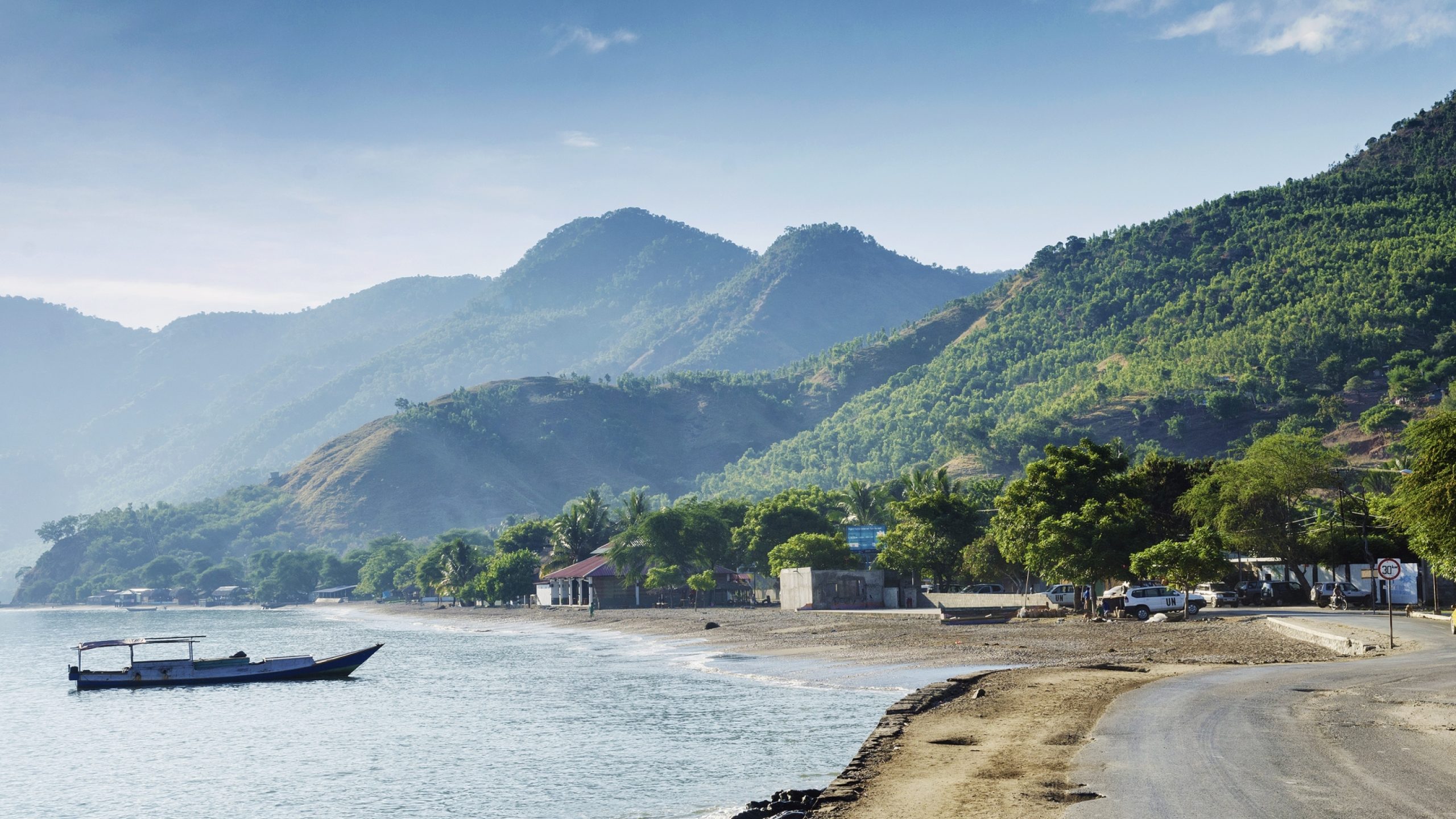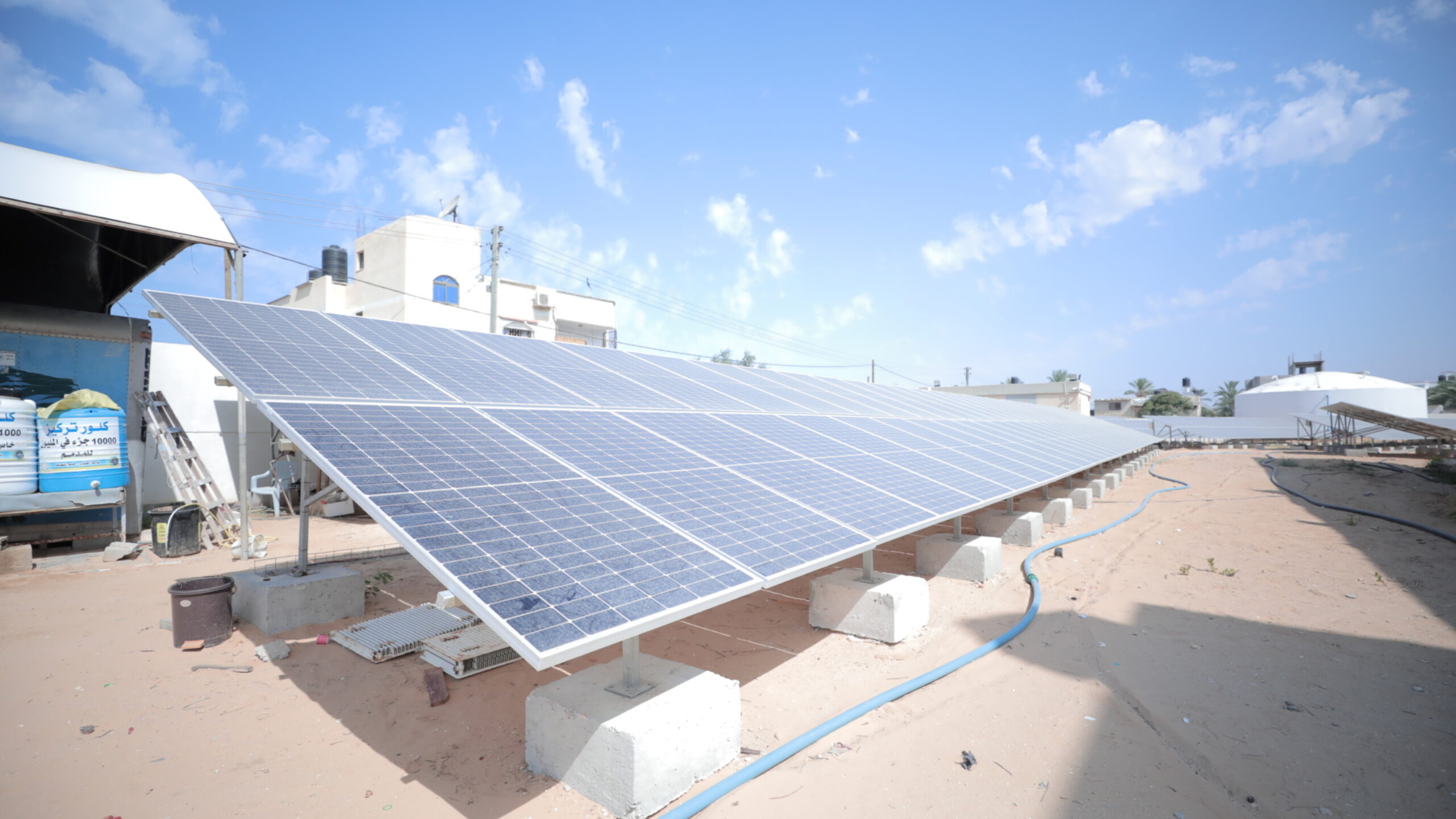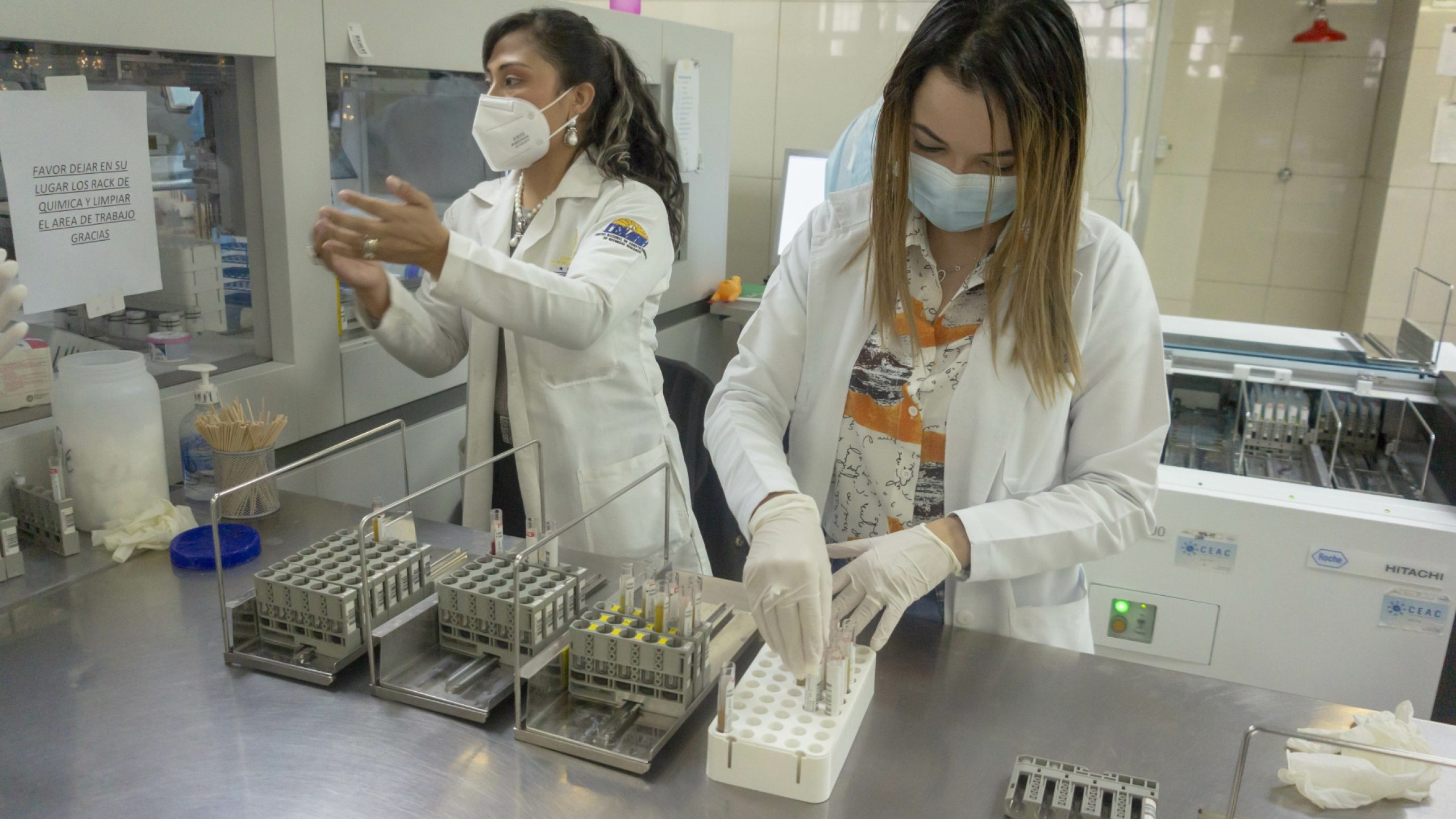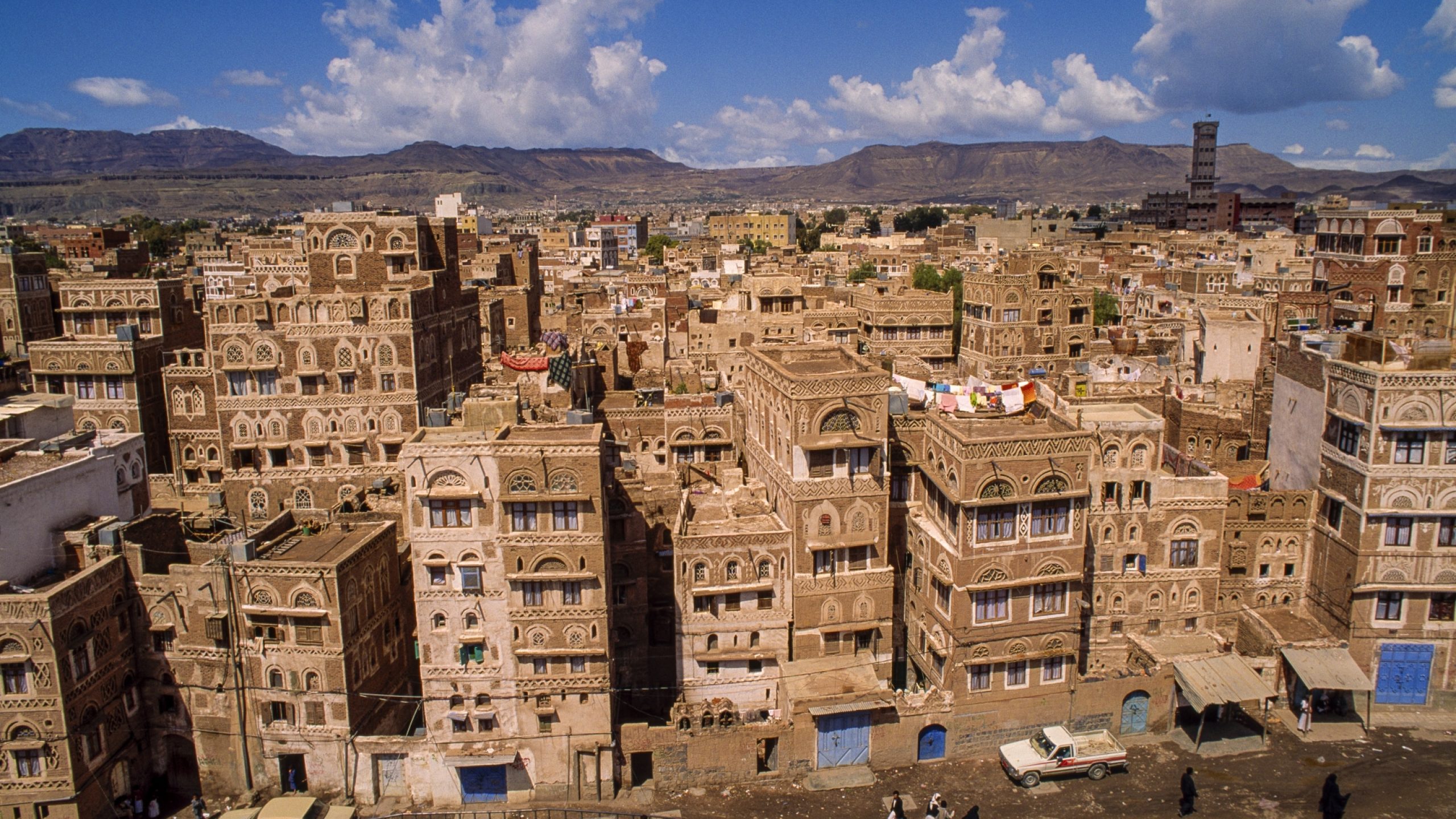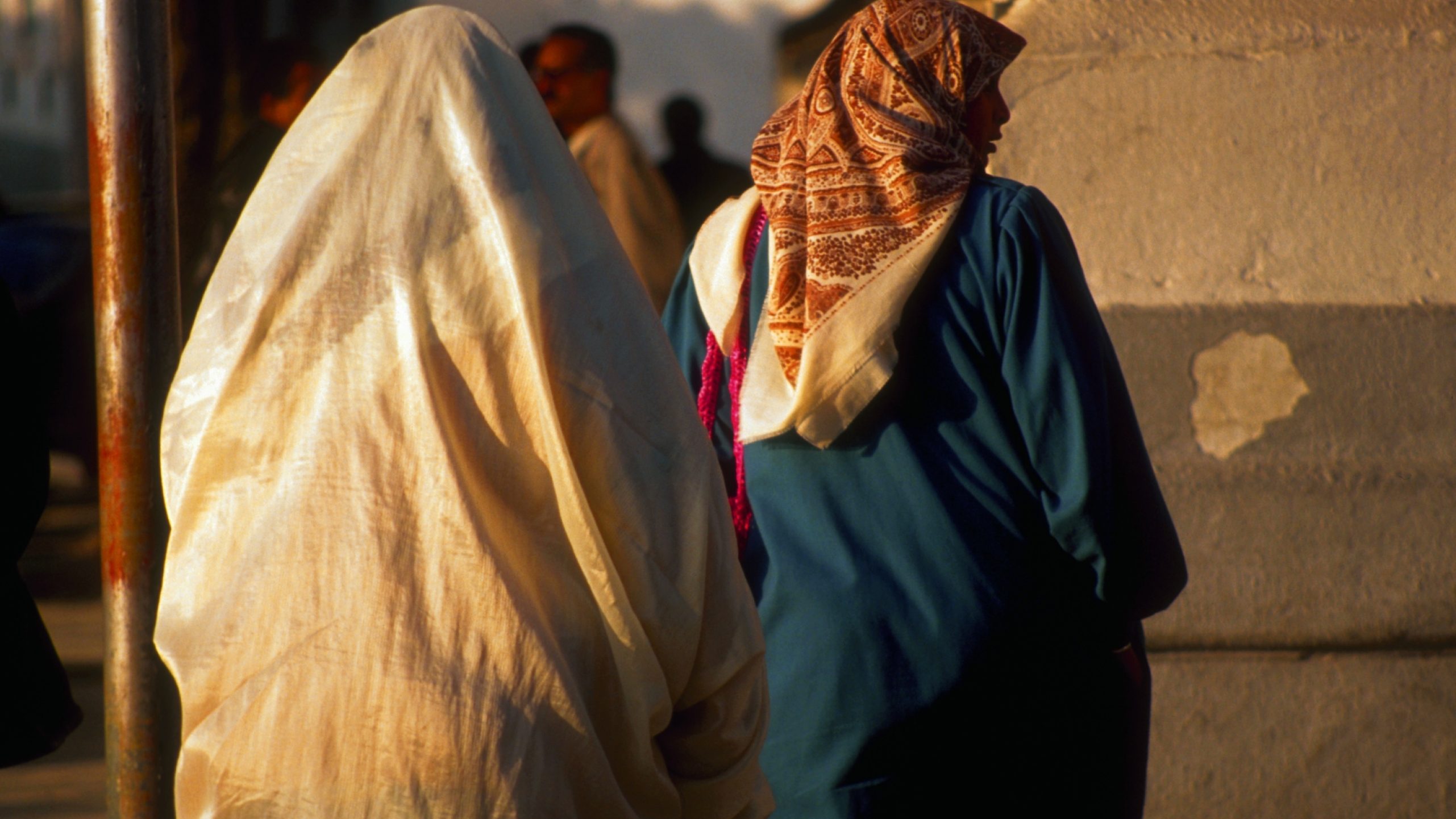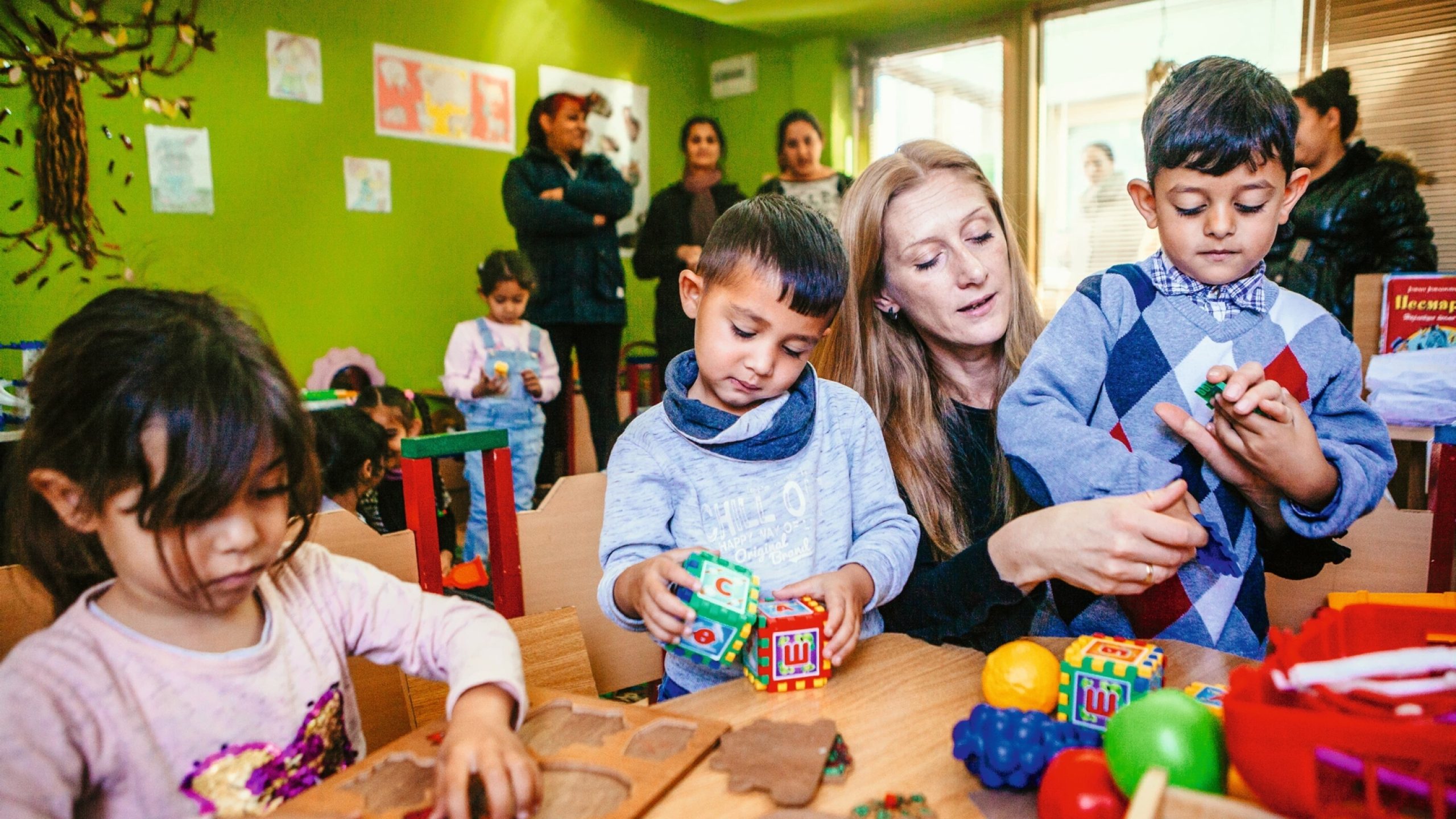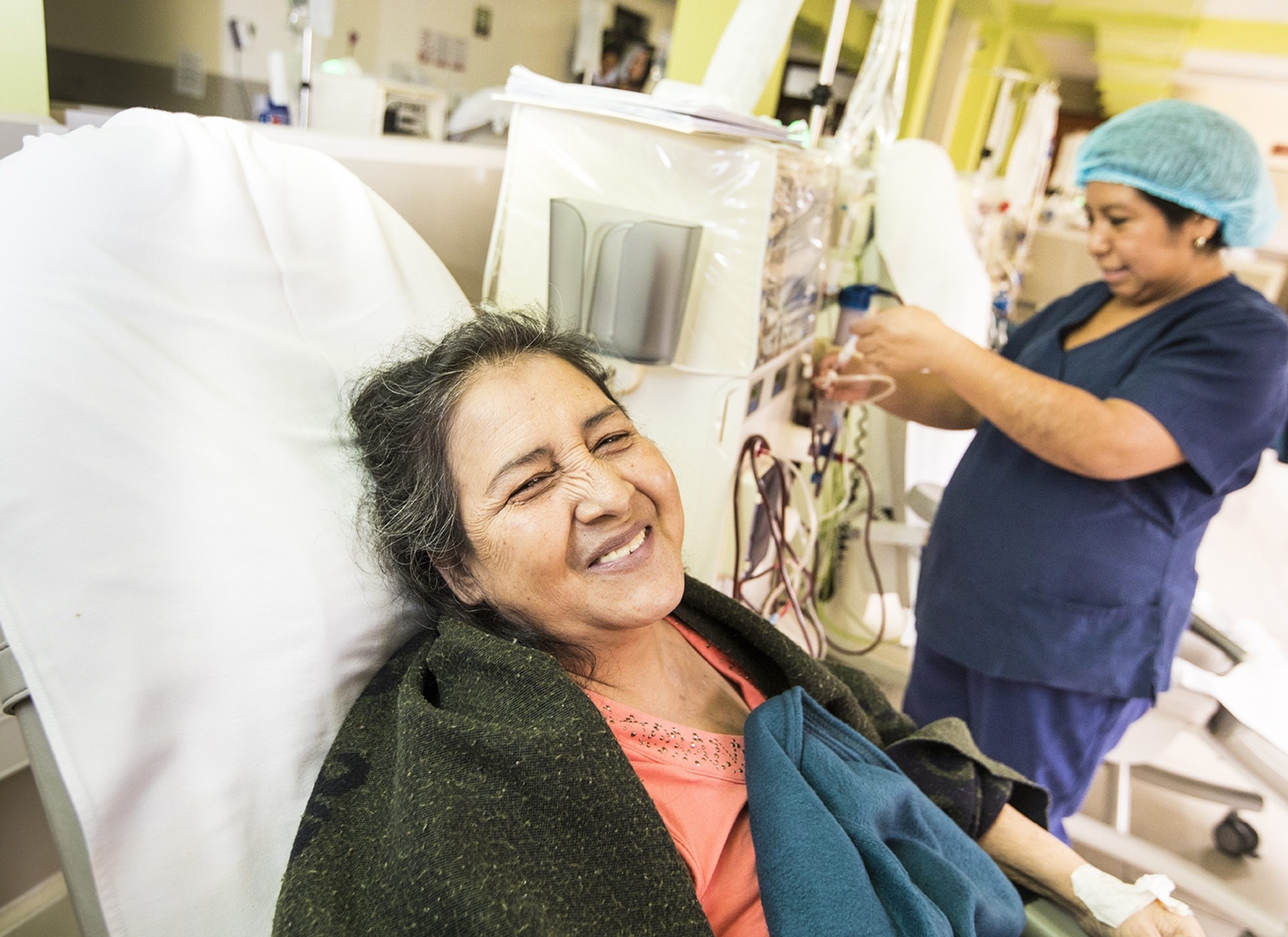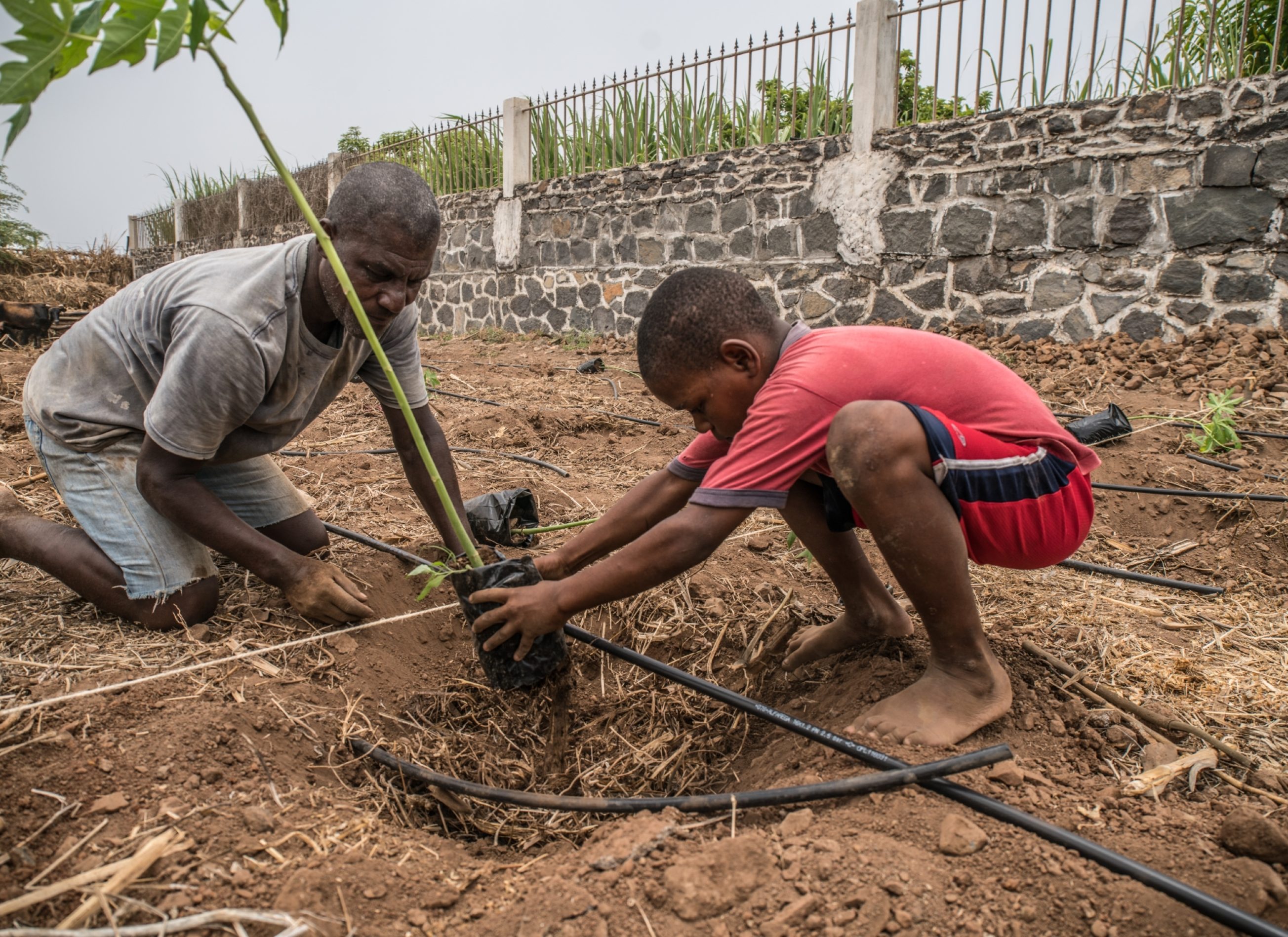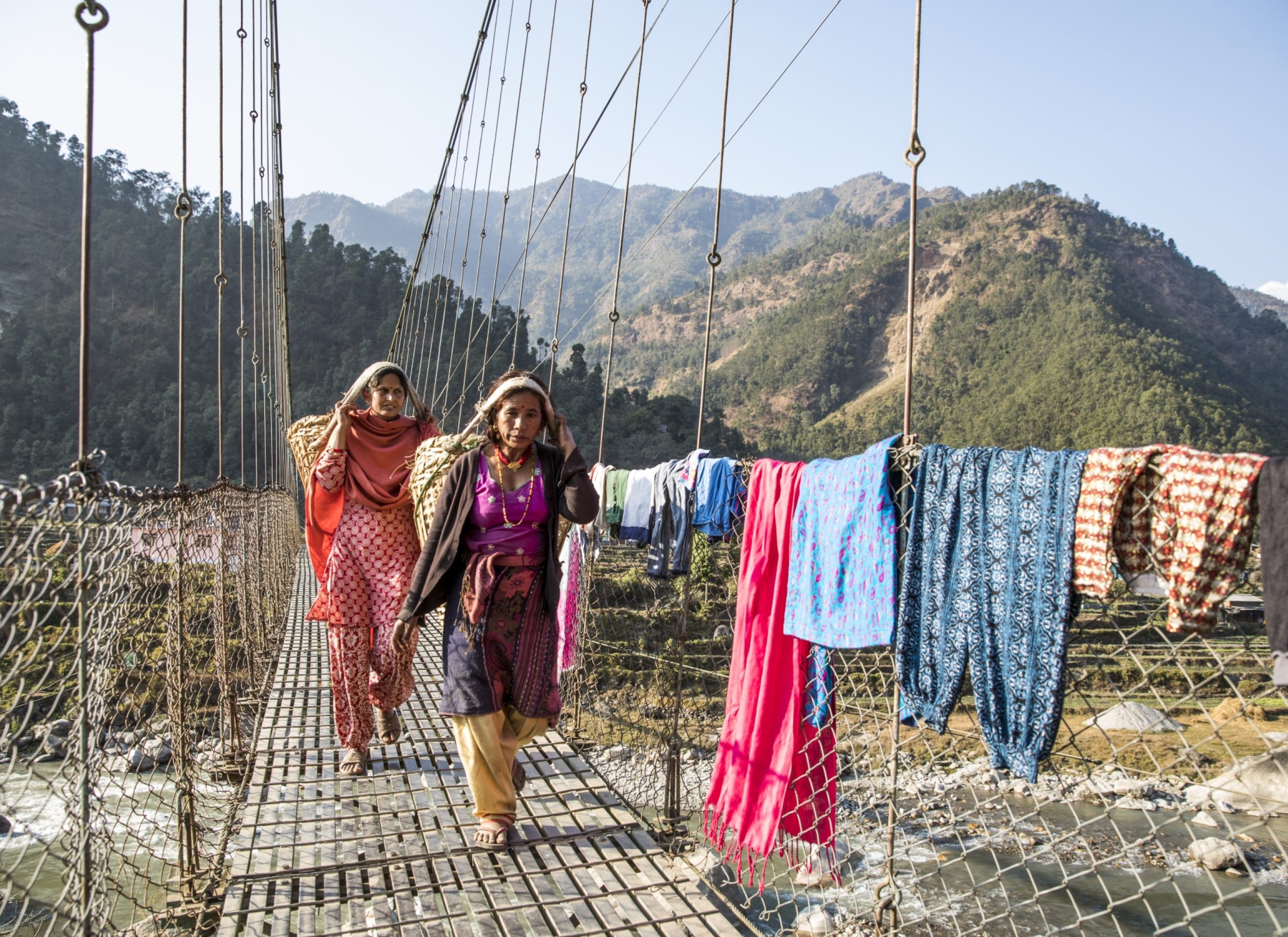Foreword
I am pleased to share UNOPS 2022 Year in Review.
2022 was a challenging year, for UNOPS and the world around us. A long list of global challenges loom over prospects for development: From the climate crisis to conflicts and inequality. From food insecurity to geopolitical tensions, the list goes on.
At UNOPS, a series of management failures associated with the former Sustainable Investments in Infrastructure and Innovation (S3i) initiative, shook the trust of our partners and our own people. Under the direction of the UNOPS Executive Board, a wide-ranging set of reforms were enacted, which informed the UNOPS restated Strategic Plan (2022-2025). I place on record my sincere gratitude to my predecessor, Jens Wandel, for guiding UNOPS throughout this difficult period and for helping to set the direction for a better future.
As we now look back at 2022, one thing is abundantly clear: Even as UNOPS was undergoing a journey of reform, our people remained focused on their commitment to making a positive difference to lives around the world, advancing efforts to deliver on the Sustainable Development Goals.

– Jorge Moreira da Silva, UNOPS Executive Director












